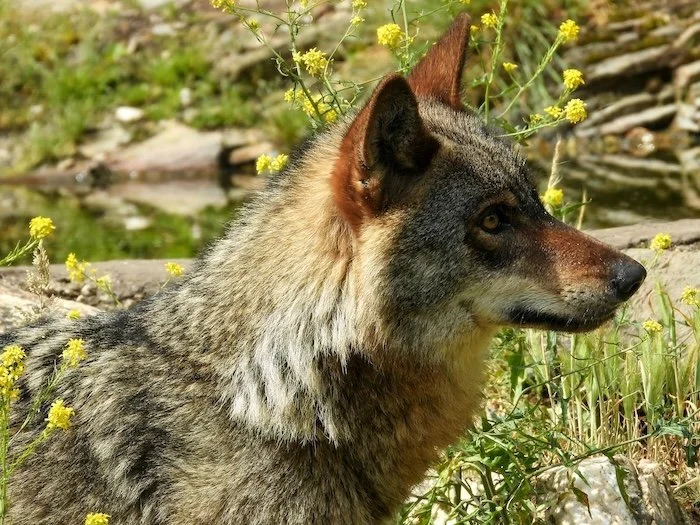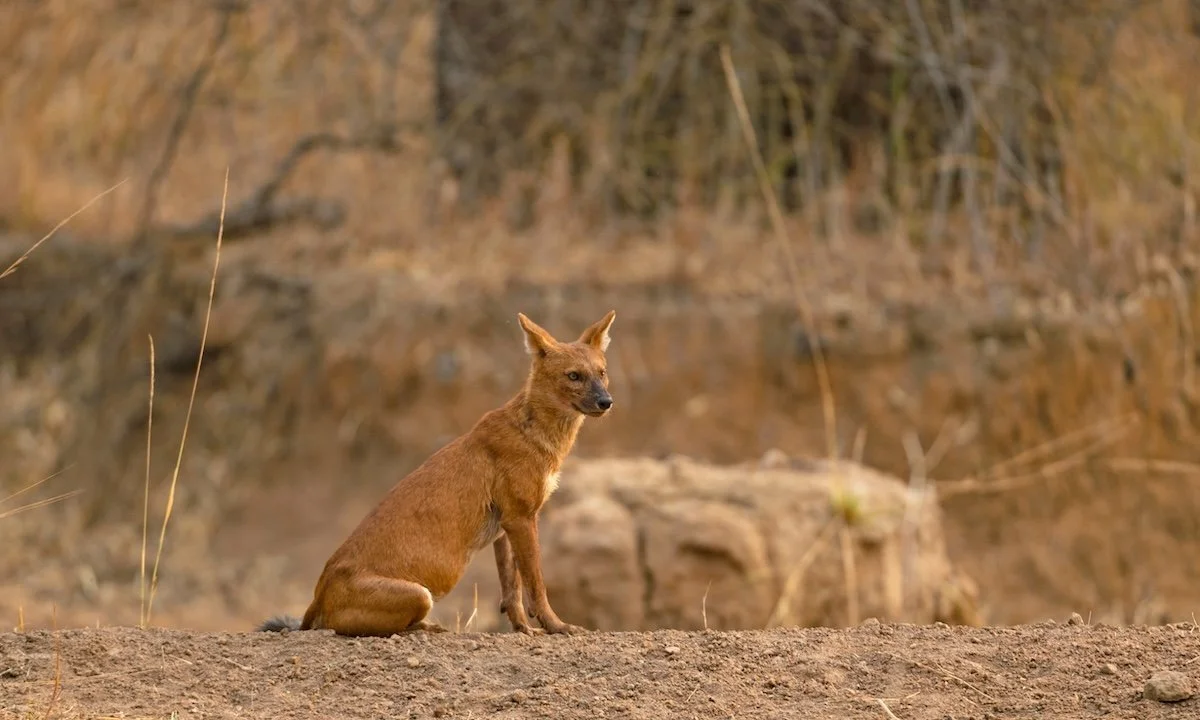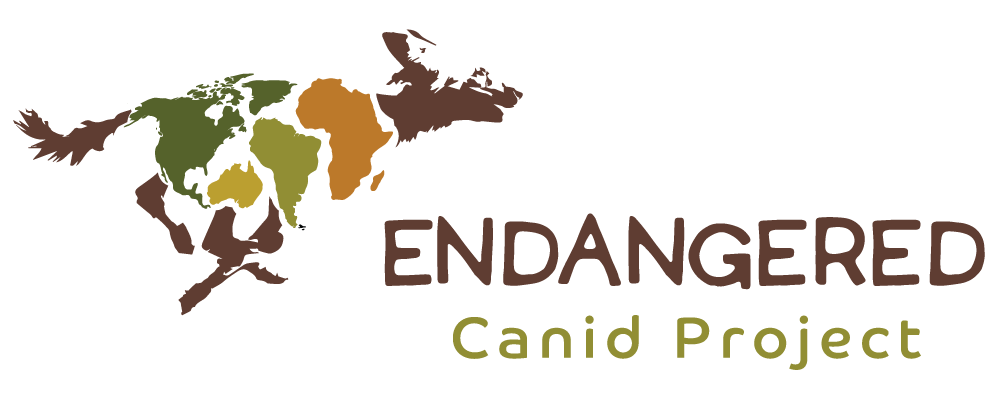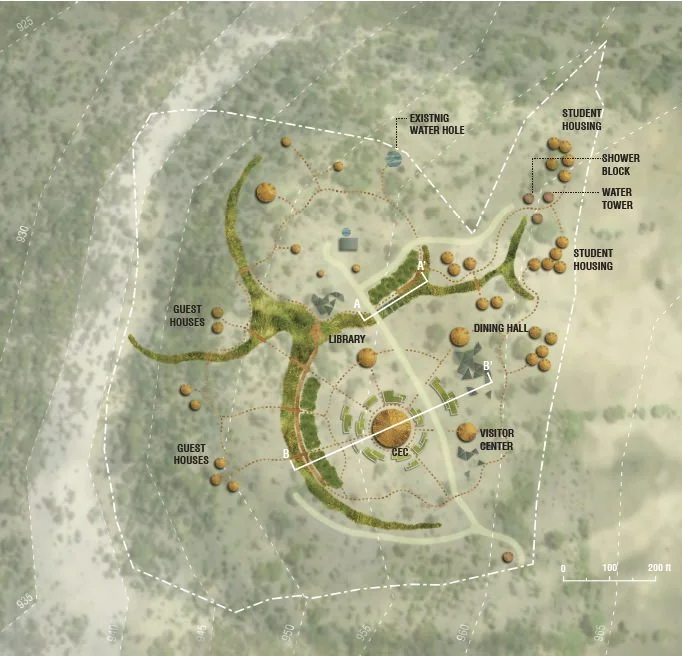PROJECTS

RED WOLF

ETHIOPIAN WOLF

AFRICAN WILD DOG
impact
Through collaboration with local universities, Endangered Canid Project works with students on projects that benefit conservation and benefit their education in STEM-related curriculum
LONG-RANGE AFFORDABLE RESEARCH UAV PROJECT
We teamed up with engineering students from Washington State University to develop an affordable, long-range research drone.
This innovative technology allows for non-invasive data collection from tracking collars on African wild dogs and other animals.
The project aims to enhance the research efforts of Dr. Gregory Rasmussen’s organization in Victoria Falls, Zimbabwe. By leveraging drone capabilities, vital information can be gathered without disturbing wildlife.
Several other organizations have expressed interest in adopting this unmanned aerial vehicle (UAV) technology for their own conservation initiatives. Our collaboration exemplifies our commitment to fostering innovative solutions through interdisciplinary partnerships.
Solar Tree Project for Sustainability
We partnered with WSU engineering students on an innovative project - designing affordable and aesthetically pleasing solar “trees” for sustainable, off-the-grid power—this interdisciplinary studio combined art and engineering principles.
The solar trees maintain a low environmental footprint while providing renewable energy to power student accommodations and campus buildings.
Additionally, the technology can be shared with local communities to generate clean solar power for homesteads.
This project promotes renewable energy adoption through creativity and problem-solving while fostering the skills of the next generation of engineers and designers.
Bio-Remediation Wetland Project
We kicked off our third project, this time collaborating with the Landscape Architecture Department at the University of Washington. The studio focused on developing a design for a natural bio-remediation wetland to treat wastewater in Africa.
Once the design was finalized and constructed, this replicable technology was shared with research campuses and local communities, enabling them to implement sustainable wastewater treatment solutions. The interdisciplinary initiative aimed to provide an environmentally-friendly waste management approach while promoting community development.
Credits: University of Washington LARCH 502 Design Activism Studio and the students Sylvia Janeck and Jesse Shan

MANED WOLF

DHOLE

AFRICAN WILD DOG







